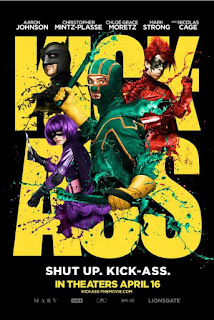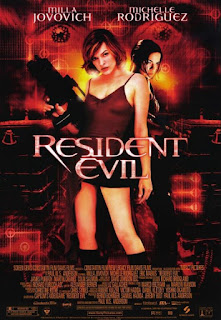Halloween II (1981)

Although the recent Halloween has has given us a more worthwhile sequel to the original movie , the first attempt at a sequel was both an attempt to earn John Carpenter a paycheck (he didn't see much of a return early on from his 1978 film) and to get rid of the chance of him being asked to right another script with Michael Meyers in it. He once again wrote the script with Debra Hill and, according to interviews, some help from his old Buddy Weiser. Halloween II begins immediately after the end of Halloween. Michael (Dick Warlock) has been shot six times by Dr. Loomis (Donald Pleasance), but got up and walked away. Laurie Strode (Jamie Lee Curtis), severely injured in her encounter with Michael, is rushed to a hospital while Loomis and Shriff Brackett (Charles Cyphers) search for Myers. The killer is first thought possibly dead after someone wearing a similar costume is killed in an accident, but it turns out Myers has tracked Laurie down to the almost deserted local hosp




